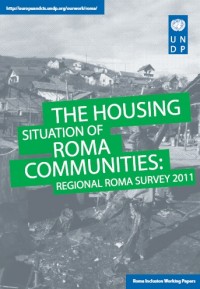Once seen as antipathetic to the individual rights focus of international human rights law, “third generation” and collective rights have – despite lingering controversy – been widely accepted as a fundamental element of the indivisible human rights framework. Driven in particular by the demands of indigenous peoples, national and international law has recognised and protected rights to communal land titles, rights to language, religious practices, specialised education and protection of cultural heritage, and many other rights which are associated with the existence of distinct socio-cultural groups within the boundaries of the wider state.
Latest news
- France begins eviction of 650 migrants from Calais camps
- Anti-eviction group creates crowdsourcing map for stories of displacement
- More foreclosures, more middle-aged suicides, study finds
- When it comes to hosting the Olympics, more cities are saying, ‘Hold that thought.’
- European leaders urged to end plight of 600,000 stateless people
Latest from the collection
- Raquel Rolnik’s mandate ends. Leilani Farha is the new rapporteur. – Newsletter #47
- Roots and Branches
- New Materials on Security of Tenure in Several Languages – Newsletter #46
- Guide: Guiding principles on security of tenure for the urban poor
- Address acute housing crisis – Special rapporteur on adequate housing
Learn more




